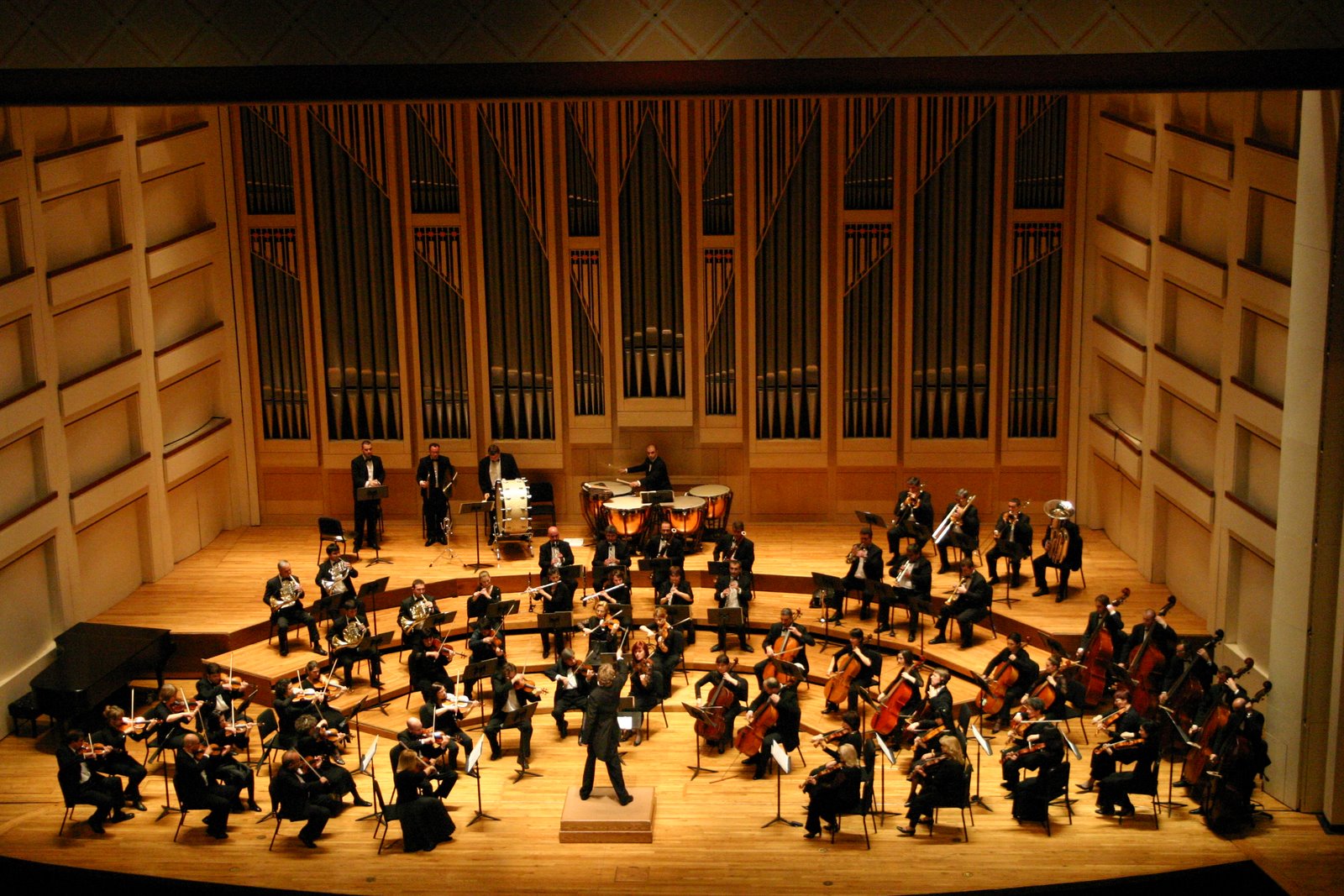As music teachers, a question we’re often asked is, “Will I need to learn to read music?” "Is Music Reading important?" The answer, of course, is “It depends …”
It depends on what your goals are when learning music. Being able to read music is a great skill to have. It’s not one that’s necessary to have when you start learning an instrument. Neither is it necessary to be able to read well to be able to play well.
Here are some points to consider:

Western Classical Music
If you’re wanting to learn classical music, to be able to play in an ensemble / orchestra / big band or to play classical piano or guitar. Then learning to read sooner rather than later is definitely necessary. If you want to play blues, then it’s an optional extra.
You Learnt To Speak First
When you learnt your first language, your parents didn’t give you a textbook to learn it. You learnt first by getting a handle on the muscles in your mouth and throat, and then by imitating. It’s a good analogy for how we learn music. To become a truly fluent ‘speaker’ on an instrument, you need to be good at listening and reproducing sounds. That’s regardless of whether you can read music or not.
You Can Add It On Later
Once you can play your instrument you can add music reading easily. When you get to the point in your musical journey of not having to think about basic technique all the time. You’ll have the free brain space to add a new skill. Music reading is just like reading a graph. Time goes from left to right. Pitch (or how high or low the sound is) reads from top (height) to bottom. It’s just not that hard to add on later.
Trying to do it while learning the mechanics of your instrument though can be a big ask. It often puts people off learning music altogether, which is sad. The more people playing music the better!

Many Cultures Don’t
Many cultures don’t have a written form of music. Music is passed on orally within the community from elder to child or from master to apprentice. Some of these cultures have extremely complex musical traditions with a high degree of subtlety and nuance in their performance.
Blues, for example, is not something that you can learn to play well from reading it from the page. Immersing yourself in the recordings of great blues artists will improve your playing immensely.
Written Music Is A Low Res Copy
What you read is not what you play. Written music does not provide enough information to inform a performance. Unless you’re familiar with the musical tradition of the music you’re trying to perform, you won’t be able to play that music.
When studying at the Conservatorium of music, I asked one of the extremely skilled pianists to sight read out of a Jazz transcription book for me (the Charlie Parker Omni book). Being an excellent sight reader, the pianist in question played through it almost without error on the first pass. What she played, however, bore almost no relation to the music of Charlie Parker. Why? The pianist had never heard any jazz (She’d grown up in Asia and had listened almost exclusively to Western Classical music).
Because there’s not enough information on a written page of music to inform a performance, what she played was note perfect, but missed all of the other data needed to make it sound like that music.
If you were to add all of the details of a performance into written music. The music would be so dense and complex that it would be almost impossible to read. It would be more efficient simply to listen and imitate the sounds.
Many Great Players Can’t Read
Mark Knopfler, Jimi Hendrix and Sir Paul McCartney did not learn to read music. Tommy Emmanuel also can’t. I think we’d all agree that they play quite well. Regardless of whether you learn to read or not, the common skill between all of the great players is developing a great ‘ear’.
Music Reading Doesn’t Help You Learn To Play
Reading music won’t help you with the mechanics of playing your instrument. Being taught good technique at the start of your musical journey is the best thing that you can have happen to you. Music reading has nothing to do with the physicality of your instrument. It’s also not necessary to read music to have an understanding of music theory. Much of the theory of western music (particularly that in common practice in the 20th century onwards) can be explained using letters of the alphabet.
Conclusion
Unless you have some very specific goals. Like playing classical music, or playing in an ensemble / orchestra then music reading is a nice optional extra, not a necessity.
Don’t let the fear of having to read music put you off learning music. It’s a great thing to have, but it is definitely a skill that can be added later.
Andrew Farnham is the director of IMA Music Mentoring where he leads the Guitar Lessons team.
Book an introductory music lesson and start following your musical dreams.
